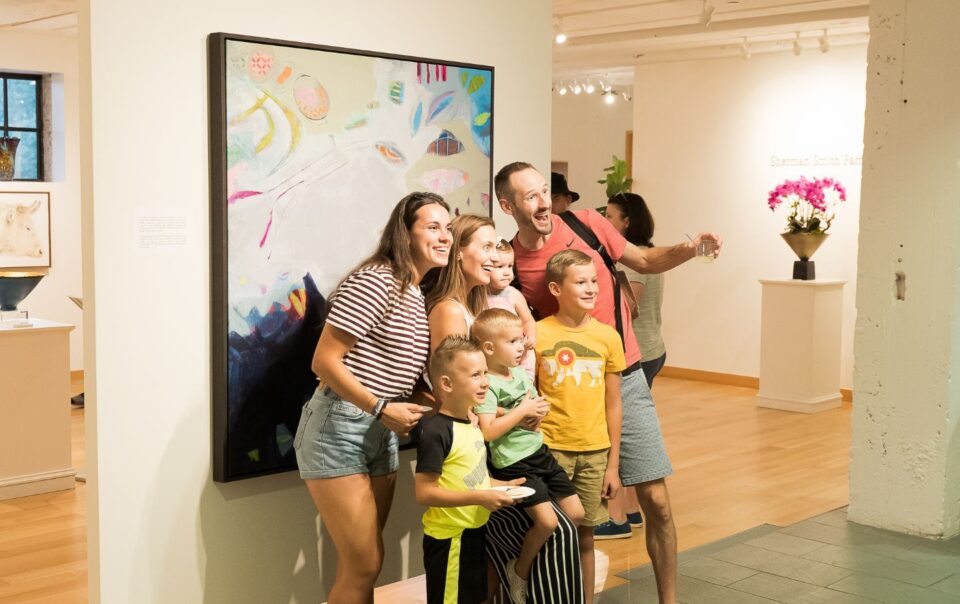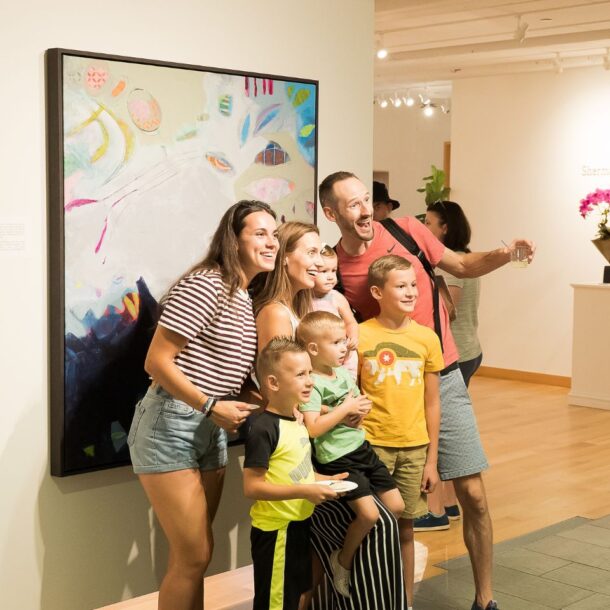

The PACE Act (H.R. 7360)
Introduced by Rep. Tenney (R-NY) with bipartisan support from Reps. Schneider (D-IL), Stefanik (R-NY), and Fitzpatrick (R-PA), this legislation aims to make childcare more affordable through tax policy reform:
- Makes the Child and Dependent Care Tax Credit fully refundable
- Increases the maximum credit amount families can claim
- Raises the limit on employer-provided dependent care assistance from $5,000 to $7,500
- Includes inflation adjustments to maintain the value of these benefits
- Applies to tax years beginning after December 31, 2023
This market-based approach could help families afford museum programs and educational activities as part of their childcare solutions.
Our Take for Museums:
- Museums could market their educational programs as qualifying childcare expenses
- Families could use increased tax credits to afford museum memberships and programs
- Museums could promote programs as qualifying expenses under expanded FSA/DCAP limits
- Tax benefits could make museum-based childcare more financially accessible
The Child Care for Every Community Act (H.R. 953)
Led by Rep. Sherrill with 85 cosponsors, this comprehensive legislation reimagines early learning infrastructure with museums as key community partners:
- Establishes universal child care and early learning programs
- Creates explicit roles for museums and cultural institutions as community partners
- Provides funding for educational and enrichment activities
- Supports programs serving diverse communities and underserved populations
- Emphasizes community-based solutions and local decision-making
- Includes provisions for professional development and workforce support
- Requires coordination between providers and cultural institutions
Our Take for Museums:
- Opportunity to advocate for museums' inclusion as recognized community partners
- Potential to demonstrate museums' existing capacity for early learning programs
- Could strengthen museums' role in local education and childcare ecosystems
- Framework could be expanded to recognize museums' unique educational value
- Possible model for integrating cultural institutions into childcare solutions
Museums nationwide have already demonstrated their capacity to combine childcare and education in innovative ways. During the pandemic, institutions like the Frazier History Museum and Kentucky Science Center pioneered programs that provided both educational support and childcare solutions. These programs showcased museums’ unique ability to offer enrichment activities while meeting essential family needs.


Natural Partners in Childcare
Museums are naturally positioned to expand these services with their professional educators, dynamic learning spaces, and established community trust. With classroom-ready facilities and trained staff, museums can provide high-quality care and learning experiences at costs often more accessible than private tutoring or traditional childcare. Rather than competing with traditional providers, museums complement existing services through their specialized focus on experiential learning and cultural enrichment.
The impact of strengthened museum-family partnerships extends throughout communities, particularly in areas with limited childcare options. For working parents, museum programs can provide both supervised care and enrichment opportunities. For communities, museums can help build more resilient support systems while maintaining their core educational missions.
Cultural Institutions as Community Anchors
As cultural institutions continue adapting to meet family needs, policy support could help make these programs more sustainable and accessible to diverse communities. The experience of museums during the pandemic demonstrated both the demand for these services and museums’ ability to deliver them effectively, suggesting promising paths forward for expanding this vital community role.
Share Your Perspective
Your insights will help us understand museums’ current and potential roles in supporting families through programming and services. By participating in our 3-minute survey, you’ll help inform a sector-wide report that will be shared with policymakers as they consider various approaches to strengthening family support systems.



